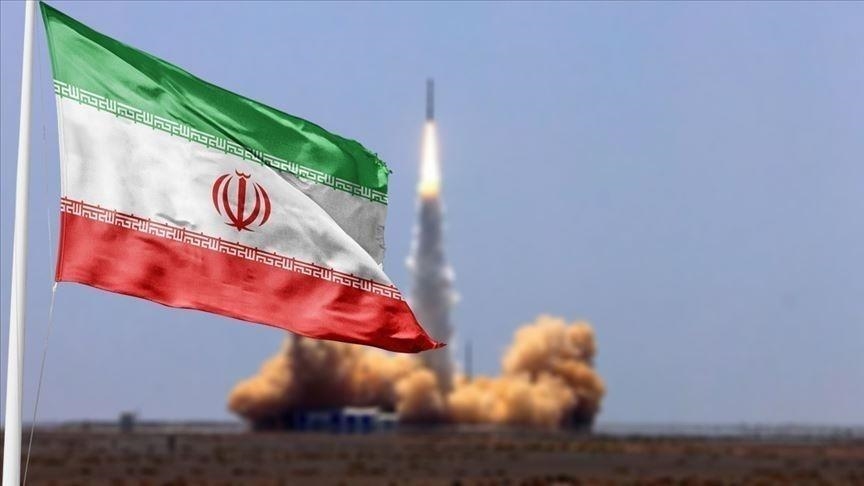(ThyBlackMan.com) Project management is a strategic and dynamic discipline, crucial for achieving success in today’s complex and fast-paced business environment. It requires the careful coordination of resources, the creation of cohesive teams, and the delivery of challenging targets under strict timelines. Successful project management isn’t just about bringing projects in on time and within budget; it’s about fostering innovation, promoting collaborative team culture, and optimising operational efficiency. In this comprehensive article, we delve into the key elements of effective project management, including the foundational pillars, the significance of well-defined objectives, strategic planning, and the transformative role of technology. By mastering these techniques, businesses can navigate the intricacies of project delivery, leading to sustainable success.
The Pillars of Effective Project Management
A successful project is predicated on several essential pillars: defining clear goals, meticulous planning, robust communication, and unwavering quality control. These elements serve as the bedrock of project management, facilitating the delivery of objectives and guiding teams towards the finish line. An understanding of these principles allows project managers to choose and implement the most suitable project management methodologies, harness the power of advanced tools, and effectively utilise technological solutions. In essence, the pillars of project management provide the structural framework that supports the successful execution and delivery of projects in a diverse array of industries.

Establishing Clear Objectives and Goals
The compass guiding every project is its objectives and goals, offering direction and articulating what successful completion looks like. These objectives must be SMART – Specific, Measurable, Achievable, Relevant, and Time-bound, to ensure clarity and facilitate monitoring of project progress. A well-defined goal helps in creating a shared understanding among team members, aligning their individual tasks with the project’s broader vision. This alignment not only drives engagement but also cultivates a sense of purpose, increasing the probability of achieving project success.
Strategic Planning and Scheduling in Project Management
Strategic planning and scheduling are vital elements of project management, ensuring optimal resource allocation and timely achievement of project milestones. A comprehensive project plan equips managers with foresight, enabling them to anticipate potential bottlenecks, devise contingency plans, and maintain a steady project rhythm. Tools like the Critical Path Method (CPM) and Gantt charts offer visual representation of the project timeline, enhancing the clarity of task sequencing and milestone tracking. Such meticulous planning is crucial for mitigating delays, minimising risks, and orchestrating the smooth execution of project tasks.
Using Technology and Tools for Efficient Project Management
In the era of digital transformation, leveraging technology and tools is no longer optional for project management; it’s a necessity. The right tools can streamline processes, increase efficiency, and facilitate collaboration among geographically dispersed teams. Amongst an array of available tools, Project Management Information Systems (PMIS), collaboration platforms, and PDF Tools stand out for their versatility and efficacy.
Pdftools, in particular, serve as an invaluable resource for project managers. They simplify the process of sharing, annotating, and collaborating on key project documents, without risking data alteration or loss. Given the universal compatibility of PDFs, these tools enable seamless communication between stakeholders, regardless of their technology setup. They also support the efficient management of project records, essential for audits, reviews, and lessons-learned sessions. In essence, the strategic use of technology, including PDF Tools, can significantly enhance project management efficiency, leading to time and cost savings.
Team Management and Motivation in a Project Setting
In the world of project management, teams are the lifeblood of every project. Managing these diverse groups and keeping them motivated is both an art and a science. Effective team management involves understanding individual skills, promoting a culture of trust and transparency, and aligning personal motivations with project goals. Project managers must wear multiple hats – as leaders, coaches, and mentors. They must balance the task-oriented aspects of the project with people-oriented elements. Team members who feel valued, challenged, and supported are more likely to commit their best efforts to a project.
Incentives, recognitions, and opportunities for growth can also significantly boost motivation. Regular feedback, both positive and constructive, promotes a culture of continuous learning. It’s not just about getting the job done; it’s about fostering a cohesive team, committed to delivering excellence. When managed well, teams can be a project’s greatest asset, driving successful outcomes and contributing to overall business success.
The Role of Communication in Successful Project Management
Effective communication lies at the heart of successful project management. It is the glue that holds together all aspects of a project – from setting clear expectations and defining roles to managing changes and resolving conflicts. It involves not only speaking and disseminating information but also listening, understanding, and responding. Project managers need to establish open and regular lines of communication with all stakeholders – team members, sponsors, clients, and suppliers. This includes conveying project vision, progress, changes, and challenges in a timely and transparent manner. Crucially, the communication style and channels must suit the needs of the recipient, be it emails, reports, meetings, or instant messaging.
Poor communication can lead to misunderstandings, conflict, and failure to meet project objectives. On the other hand, effective communication fosters a shared understanding, drives engagement, and enhances problem-solving capabilities. It contributes to building trust, motivating teams, and ultimately delivering successful projects. To put it simply, effective project management and communication are inseparable.
Monitoring and Control: Ensuring Project Quality and Timelines
Monitoring and control are instrumental processes in project management, responsible for ensuring adherence to quality standards and timelines. They involve keeping a vigilant eye on project activities, tracking progress against the plan, identifying deviations, and initiating corrective actions when needed. Effective monitoring requires setting up key performance indicators (KPIs) that measure the project’s health in terms of scope, time, cost, and quality. Regular status meetings, progress reports, and auditing tools are instrumental in maintaining a comprehensive view of the project’s trajectory.
Meanwhile, control is all about taking proactive steps in response to the outcomes of monitoring. It involves adjusting schedules, reallocating resources, or even redefining the scope to bring the project back on track. The goal is to minimise risks, manage changes efficiently, and ensure that the project delivers the desired output within the agreed timeline and budget.
In essence, monitoring and control are the project manager’s radar system – a system that ensures smooth navigation towards project success.
Post-Project Evaluation: Lessons Learned and Continuous Improvement
Once a project is complete, it’s essential to conduct a thorough post-project evaluation. This process is a structured review of all project elements, outcomes, and experiences, aiming to identify lessons learned and opportunities for continuous improvement. A well-executed evaluation investigates both the project’s successes and challenges. It involves analysing project performance data, soliciting feedback from team members and stakeholders, and documenting insights for future reference.
One of the key elements of post-project evaluation is the ‘lessons learned’ session. Here, the project team reflects on what went well, what didn’t, and what could be improved. These lessons are invaluable for improving project management practices, enhancing team performance, and increasing the success rate of future projects. Post-project evaluation also drives a culture of continuous improvement, encouraging teams to constantly strive for better. In this way, every project, irrespective of its outcome, contributes to the long-term success and resilience of the organisation.
Staff Writer; Paul Brown

















Leave a Reply